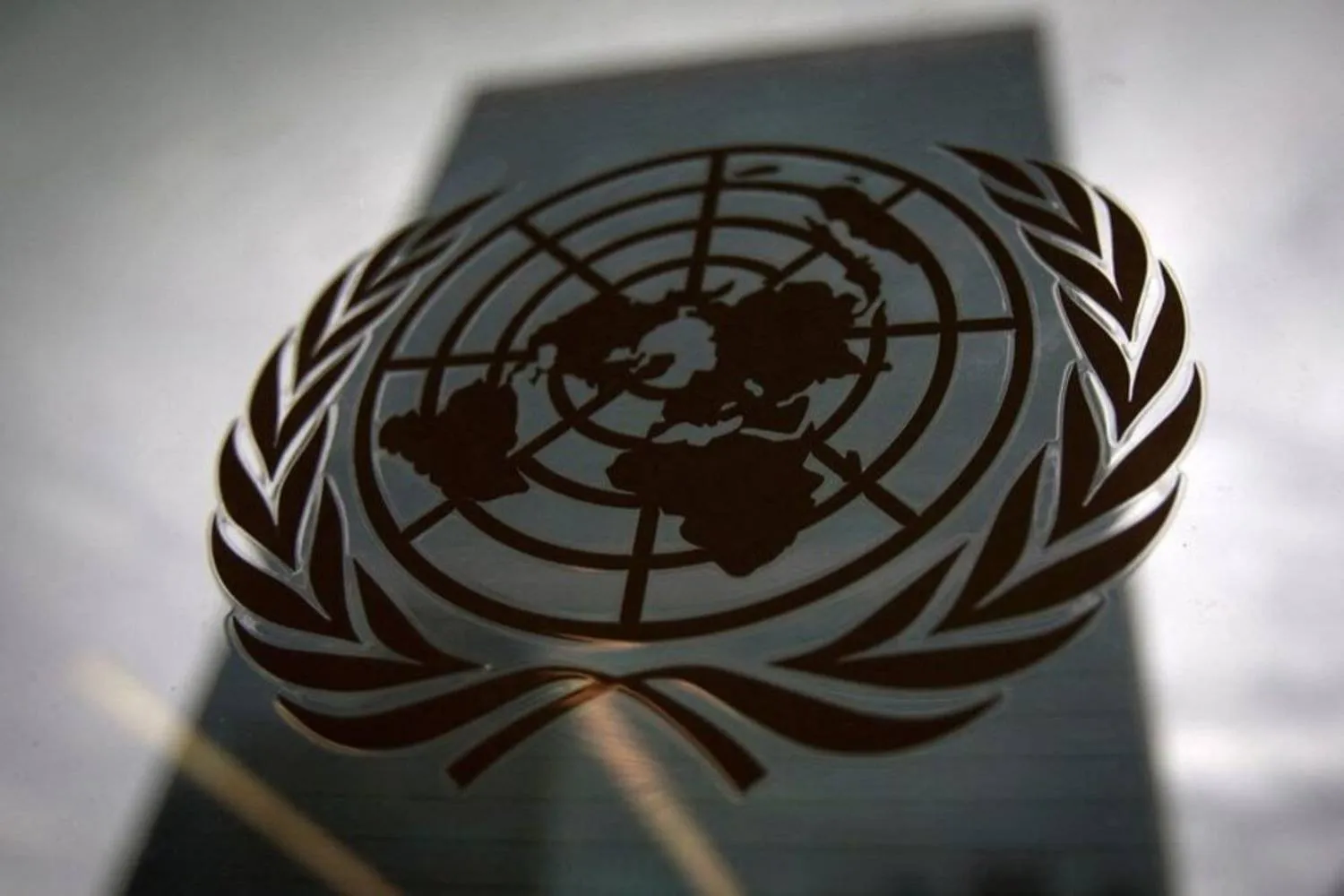The terrorist threat from al-Qaida, the ISIS group and their affiliates remains high in conflict zones in Africa and in Afghanistan – and threat levels have risen in some regions including Europe, UN experts said in a new report.
The panel of experts said in the 23-page report that the relationship between Afghanistan’s Taliban rulers and al-Qaida remains close, and unnamed member states report that “the high concentration of terrorist groups” in the country are undermining the security situation in the region, The Associated Press reported.
The greatest threat within Afghanistan still comes from the ISIS “with its ability to project into the region and beyond,” the experts said in the report to the UN Security Council covering the period until Dec. 16, 2023 which was circulated Wednesday. Regionally, they pointed to a succession of attacks in neighboring Iran and Pakistan and threats in Central Asian nations.
The panel said, however, that while none of the al-Qaida affiliated groups have recovered the capability to launch long-range operations, “they harbor global ambitions.” And it said “covert and calibrated efforts to rebuild capability” have been reported.
The ISIS group broke away from al-Qaida over a decade ago and attracted supporters from around the world. Despite its defeat in Iraq in 2017 and in Syria two years later. The panel said the combined ISIS strength in the two countries is still between 3,000 and 5,000 fighters. In Iraq, they are carrying out “a low-intensity insurgency with covert terrorist cells” while in Syria attacks have intensified since November, the experts said.
The panel said the three-month delay in naming the current ISIS leader, Abu Hafs al-Hashemi al-Qurayshi, following the death in fighting of his little-known predecessor “is judged indicative of internal difficulties and security challenges”
Some unnamed UN member nations have assessed that serious pressure from counter-terrorism operations in Syria and Iraq raise the possibility that the ISIS could move its leadership and “center of gravity” to Africa or Afghanistan, with Africa more likely, the experts said.
In West Africa and the Sahel, the panel said, “violence and threat have escalated again” in conflict zones, raising concerns among UN member nations. The experts point to “a deficit in counterterrorism capabilities,” which ISIS and al-Qaida affiliated groups are continuing to exploit.
“The situation is becoming ever more complex with the conflation of ethnic and regional disputes with the agenda and operations of these groups,” they said.
In east Africa, the experts said, the Somali government is continuing its military offensive against al-Shabab, an al-Qaida affiliate, but they said UN member nations assess that despite significant losses from air strikes and military operations, “al-Shabab remains resilient. It has an estimated 7,000 to 12,000 fighters, and an estimated $100 million annual income, mostly from illegal taxation in the capital Mogadishu and southern Somalia, they said.
The panel said al-Qaida has improved its media productions which appeared aimed at restoring the extremist group’s credibility, attracting recruits, and filling the void over its inability to announce a new leader.
But that messaging changed after Hamas’ Oct. 7 attacks in southern Israel, the experts said.
The attack killed 1,200 people, mostly civilians, and Hamas and other groups took about 250 people hostage, according to Israeli authorities. In Israel’s ongoing offensive in response in Gaza aimed at destroying Hamas, more than 27,000 people have been killed, according to the territory’s health ministry which doesn’t distinguish between civilian and combatant deaths.
The experts said Al-Qaida has focused on “the sanctity” of the Al-Aqsa mosque, the third holiest site in Islam which is in a compound in Jerusalem sacred to Jews and Muslims, with some communications stressing “an obligation for individuals to take action to the limits of their own ability.”
“Member States are concerned that it (al-Qaida) could exploit the situation to recover relevance and tap into popular dissent about the extent of civilian casualties, providing direction to those keen to act,” the panel said, and they “are concerned that the renewed narrative could inspire self-initiated attacks globally.”
Across Europe, the experts said, “formal terrorist threat levels have risen ... following fatal attacks in late 2023 in France and Belgium, in addition to numerous non-lethal terrorist incidents and arrests in several European countries.”
UN Experts: Terrorist Threat is High in Africa Conflict Zones and Afghanistan, and Rose in Europe

The United Nations headquarters building is pictured though a window with the UN logo in the foreground in the Manhattan borough of New York August 15, 2014. (Reuters)

UN Experts: Terrorist Threat is High in Africa Conflict Zones and Afghanistan, and Rose in Europe

The United Nations headquarters building is pictured though a window with the UN logo in the foreground in the Manhattan borough of New York August 15, 2014. (Reuters)
لم تشترك بعد
انشئ حساباً خاصاً بك لتحصل على أخبار مخصصة لك ولتتمتع بخاصية حفظ المقالات وتتلقى نشراتنا البريدية المتنوعة







